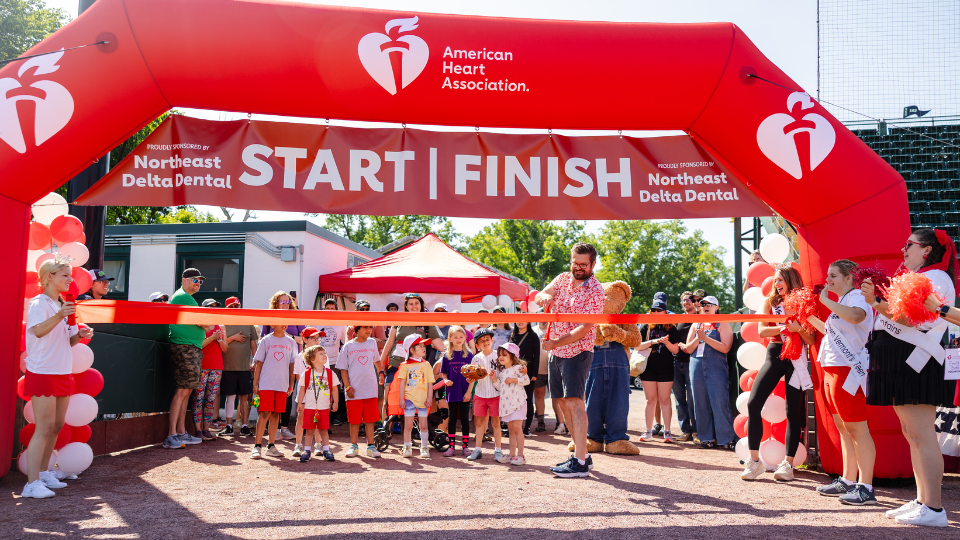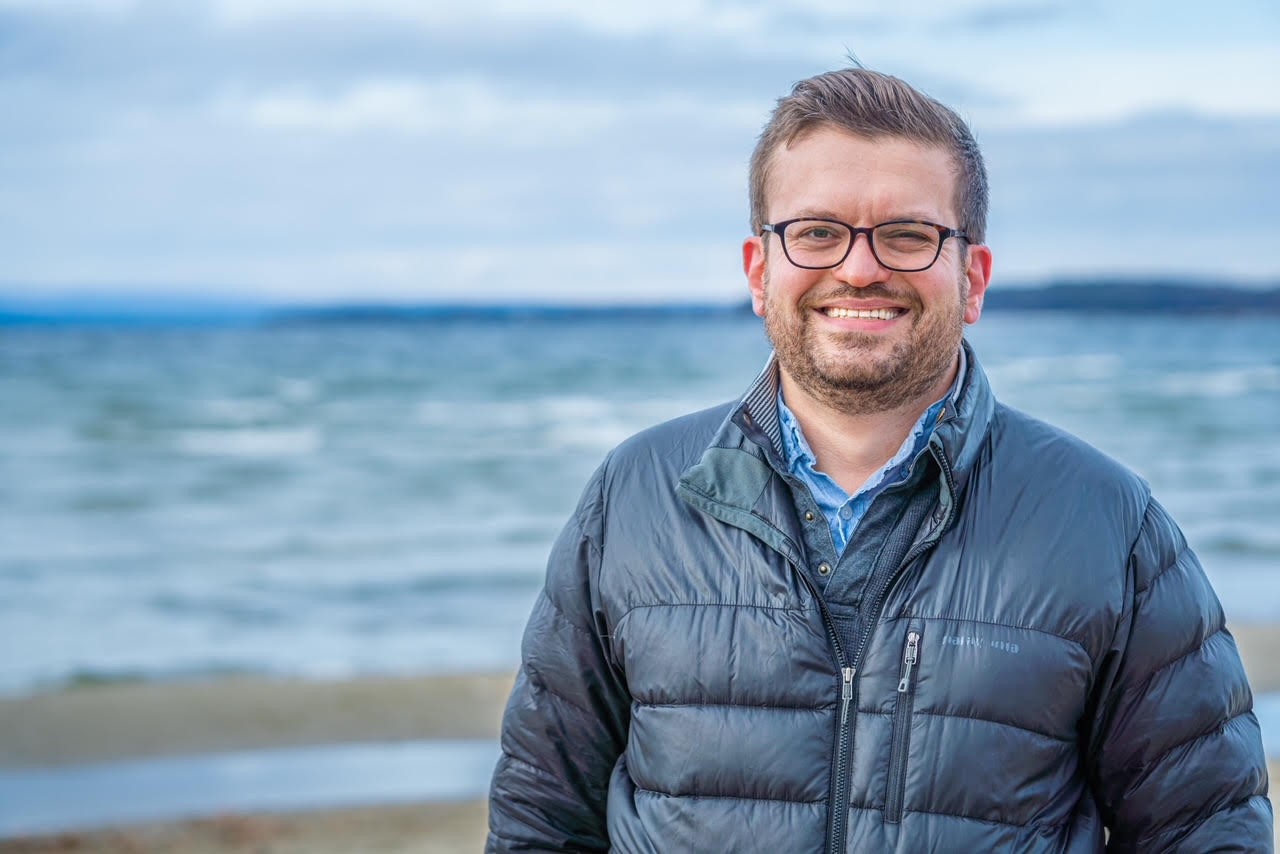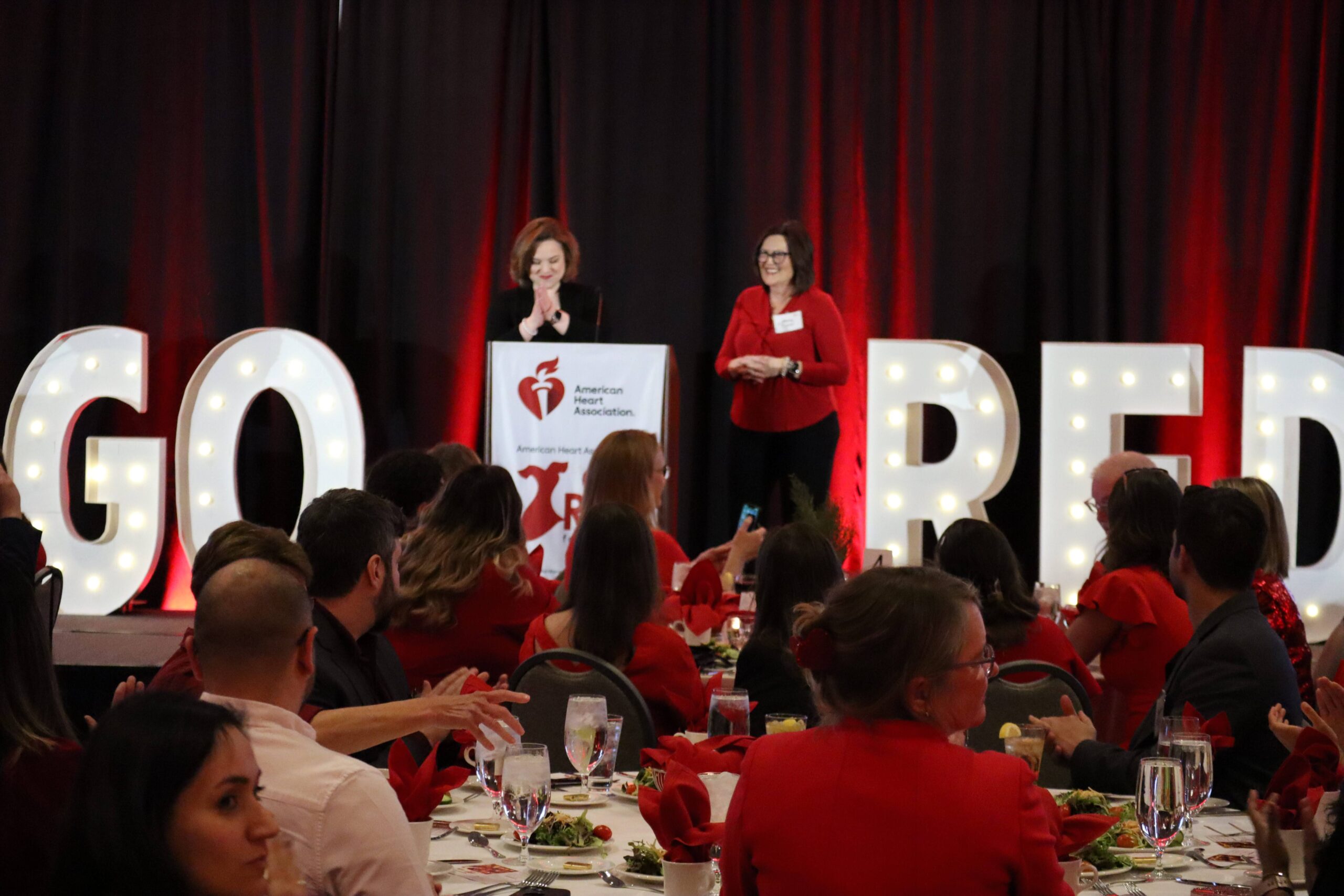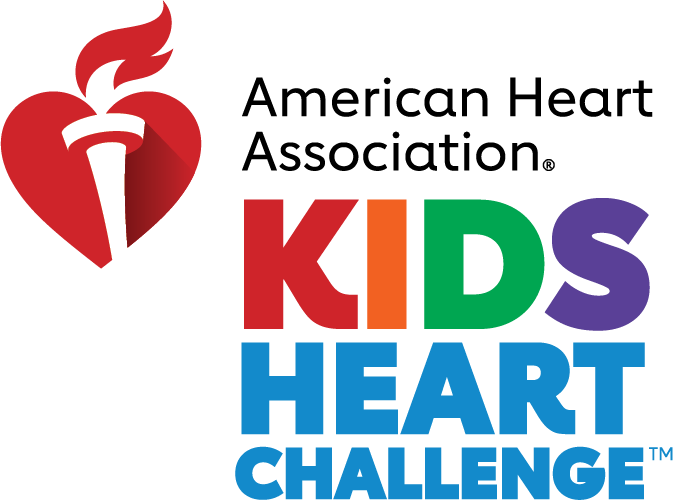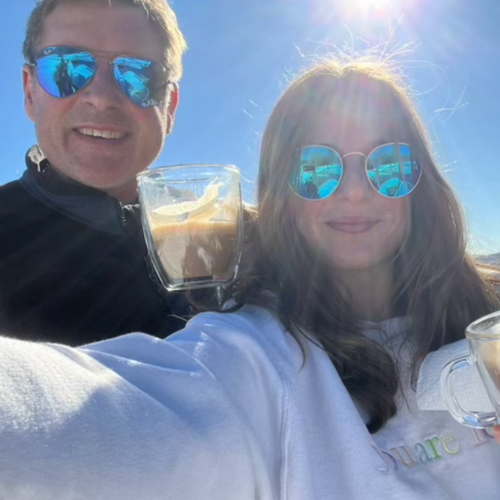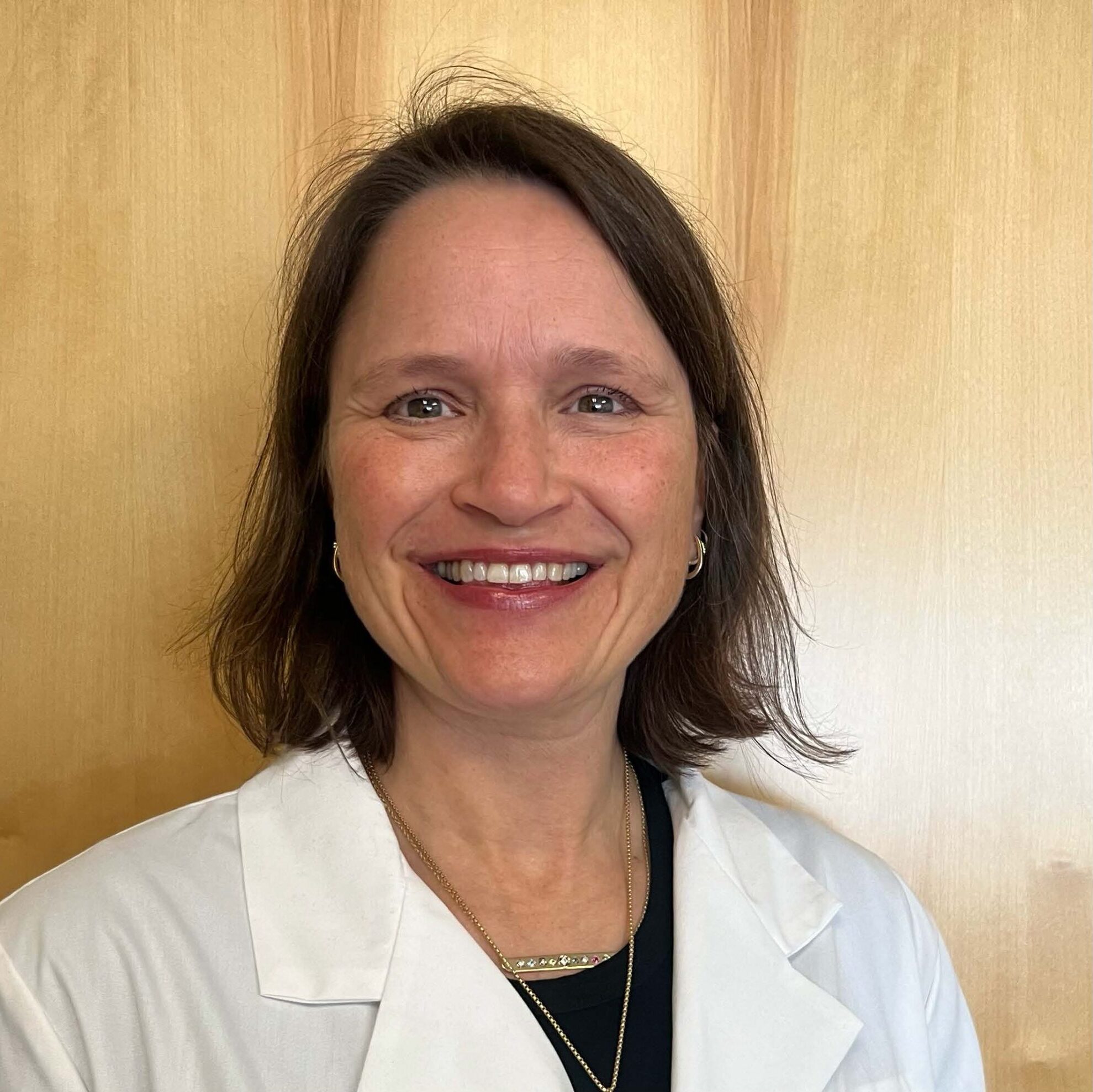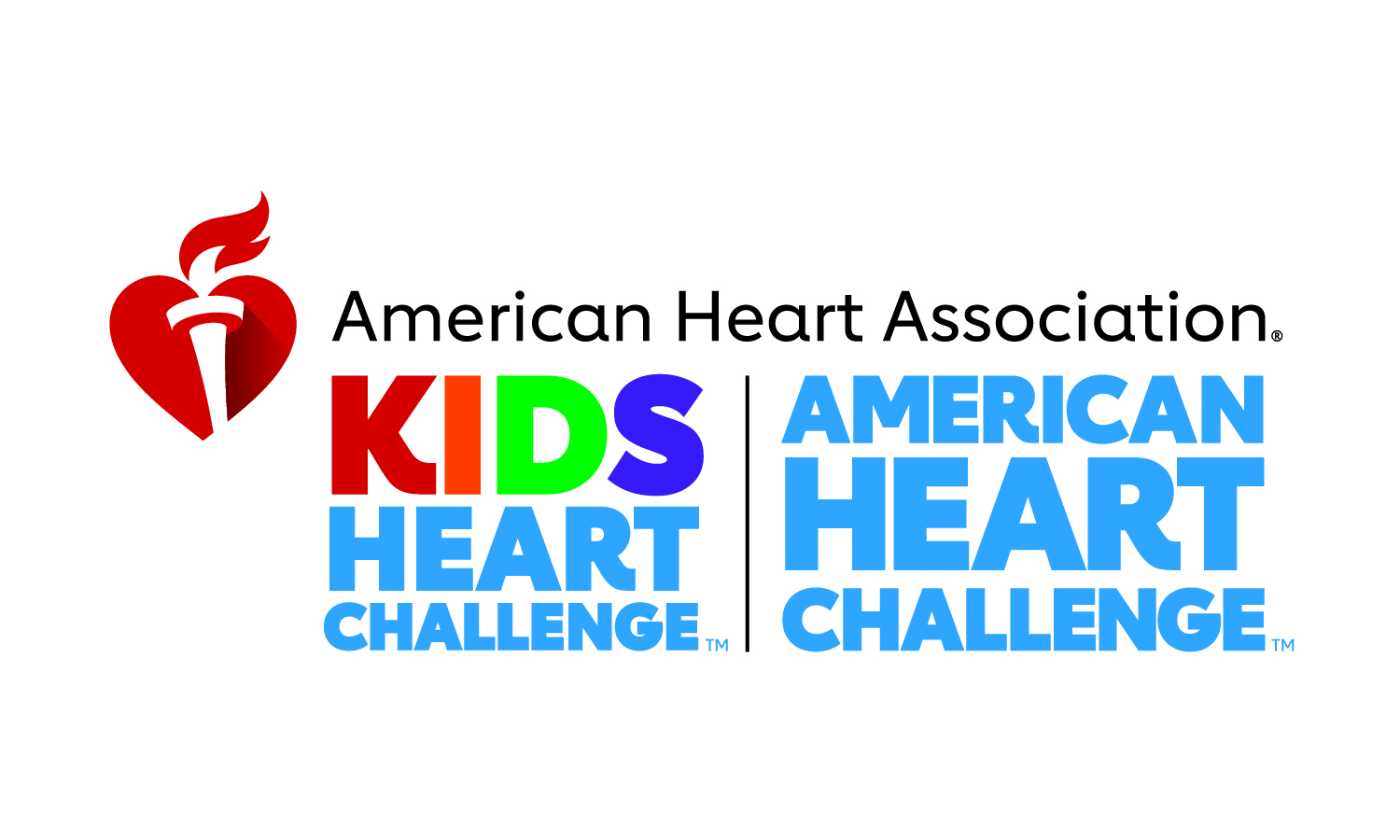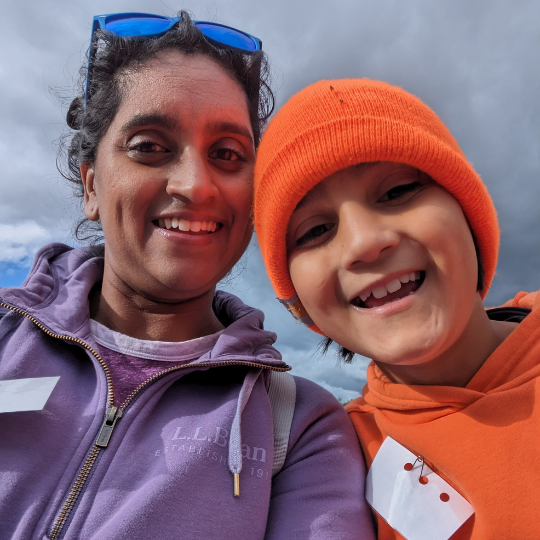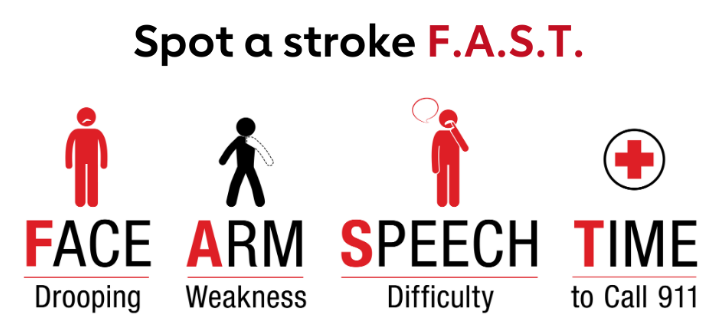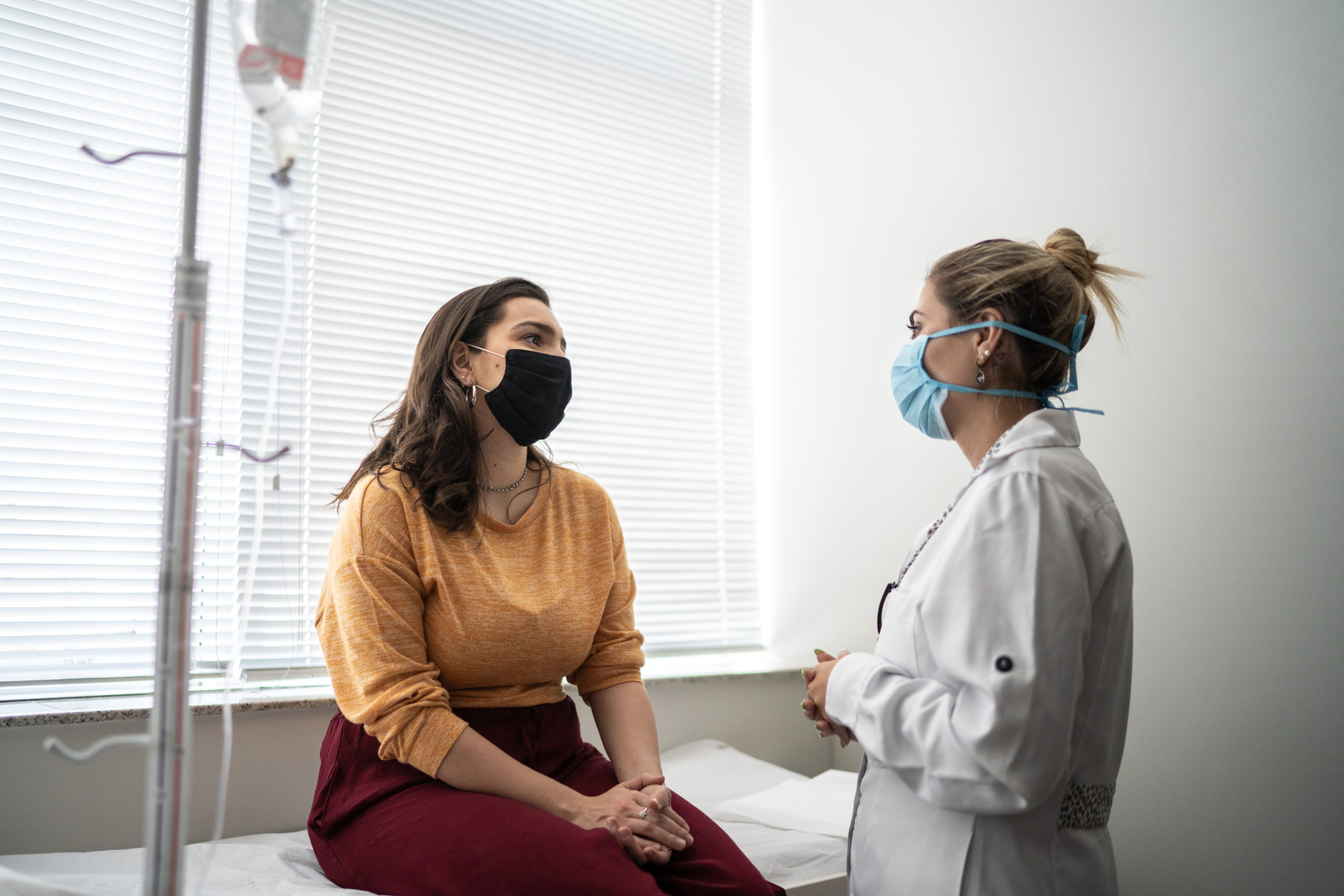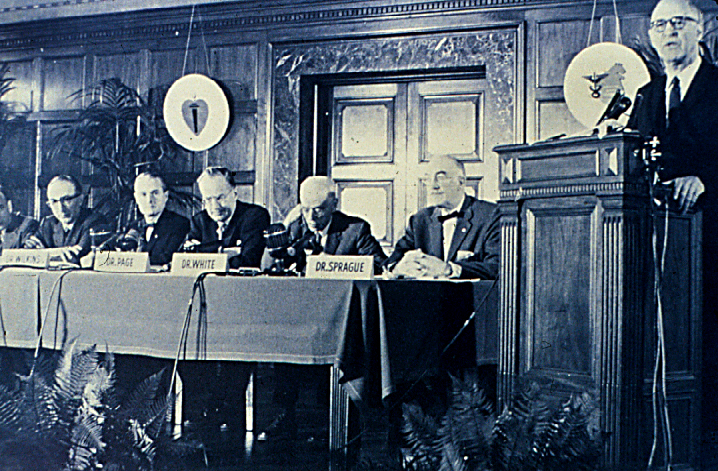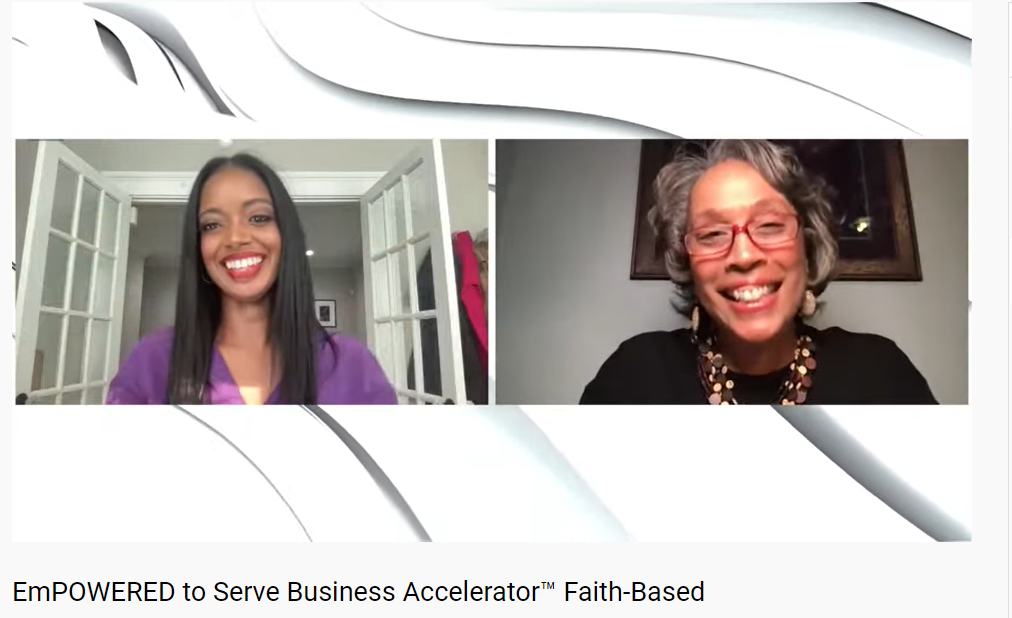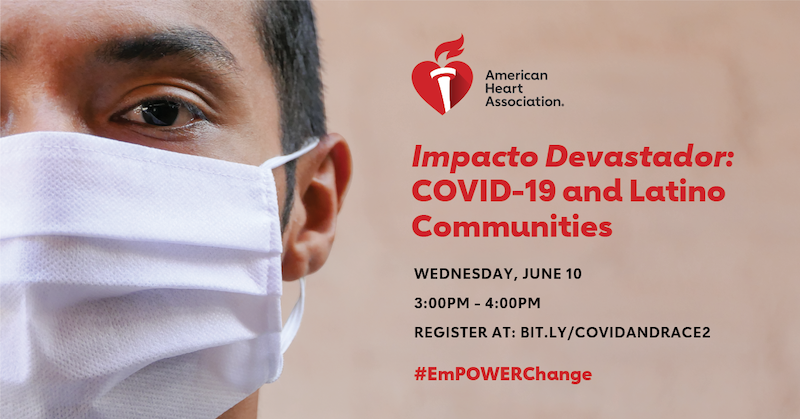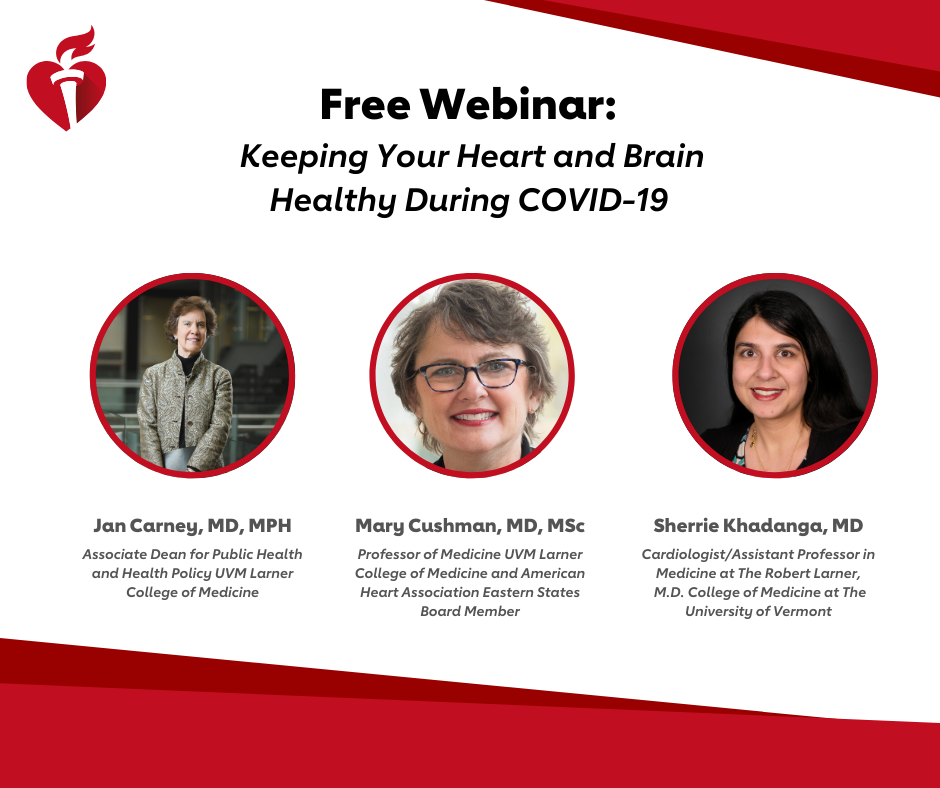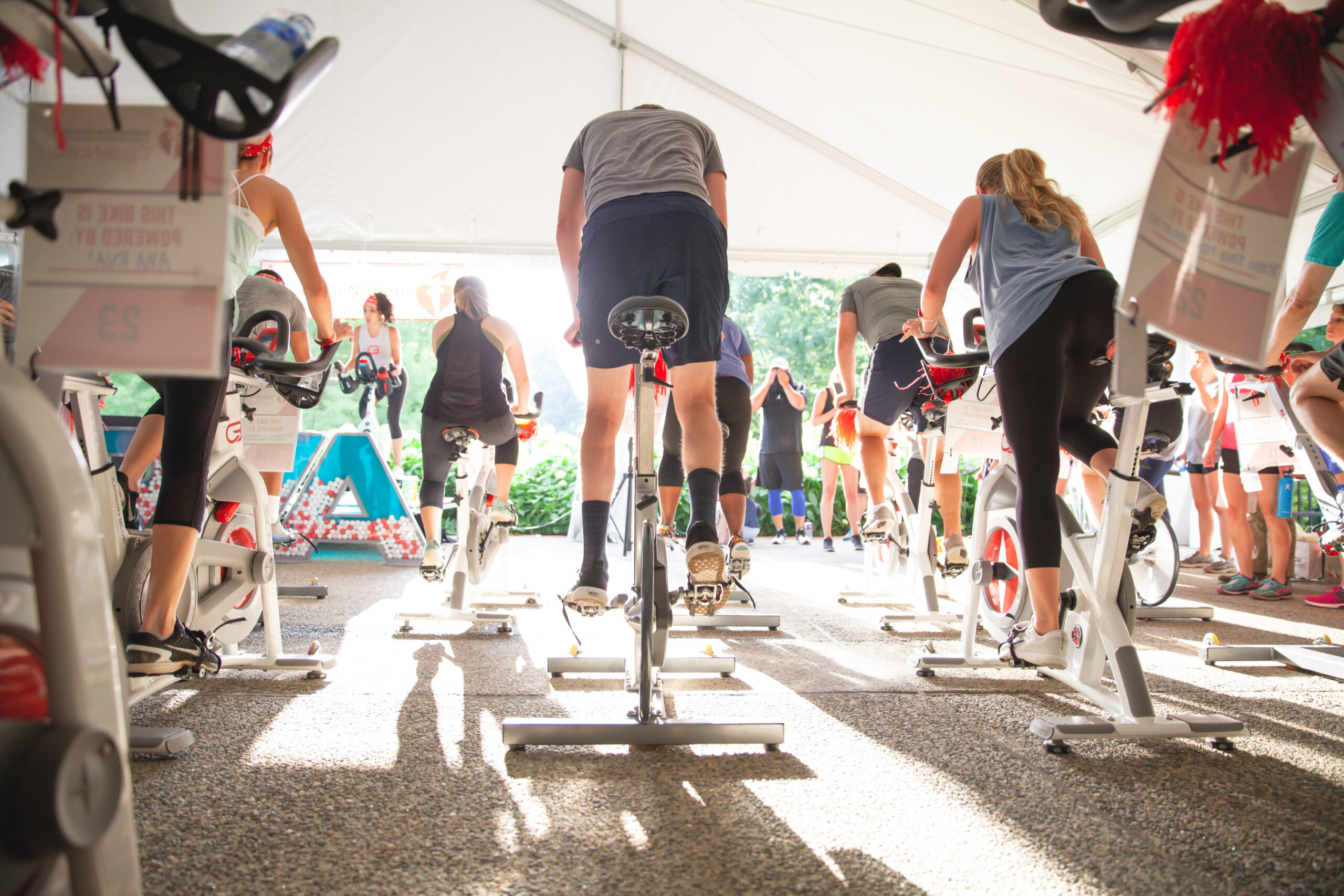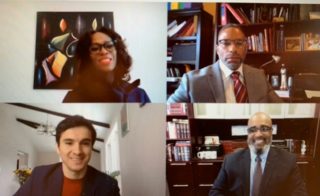
The power of partnerships built on trust, dignity and respect was a key theme during March 17th’s EmPOWERED to Serve Business Accelerator™ Faith-Based Workshop Zoom webinar, hosted by the American Heart Association (AHA), Eastern States region.
“When you see value in people, it affirms that value that is in you,” said Dr. Abraham Shanklin, Jr. Founder/Executive Director of the Center for Transformation in Maryland, an AHA collaborator.
During the webinar, Shanklin and ENON Tabernacle Baptist Church Rev. Leroy Miles, Jr. of Philadelphia, provided tips based on their own experiences in bolstering scalable community impact.
“It’s about those relationships that give you access,” said Miles. “Don’t be afraid to try, don’t be afraid to ask.”
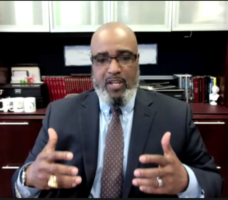
Shanklin and Miles offered wisdom gleaned from their own community leadership experiences to inspire webinar participants as AHA, Eastern States region launched the application cycle opening for it’s EmPOWERED to Serve Faith-Based Accelerator. The Faith-Based Accelerator is a grant-funding initiative for faith institutions and leaders to continue and scale their business models aimed at addressing social determinants of health in their communities. AHA aligns with faith-based communities to improve health and empower sustainable outcomes. Applications for a total of $105K in grant funding to communities of faith in select states will be accepted through April 30, 2021. Learn more or apply here.
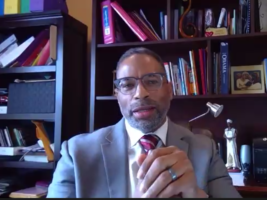
Shanklin and Miles were joined by AHA’s Vice President, Health Equity and National Partnerships Pamela Garmon-Johnson, who emphasized how important it is to deploy resources “connecting the dots so that we can have the greatest impact on our communities.”
“We have been charged with a purpose in order to be the voice for the voiceless….when we put all of our resources together that is when we can truly, truly put together the greatest difference,” said Garmon-Johnson.
Both Miles and Shanklin have successfully bolstered efforts to positively impact the social determinants of health in their own communities — factors that influence where and how people live, learn, work and play and provide context to a person’s life. Social determinants can play just as big of a role in affecting health as medications and physical lifestyle changes. Their work has included focusing on recidivism, family stability, food security, and health knowledge.
“We’ve tried to be a model and help you replicate [successful programs] at your spot,” said Miles, who collaborated to move ENON’s annual “Know Your Numbers” health-screening day, aimed at reaching 1,000 Philadelphia men, to a drive-through experience amid COVID-19. Participants were able to get take-home colon screening kits, HIV screenings, BP checks, glucose, cholesterol, and COVID screenings at the event which Miles termed a “significant pivot in such a time as this.” AHA provided take-home blood pressure kits for self-monitoring for those who were found to be hypertensive.
“You all are heroes in your respective areas, the assignments that you have, the passion that you have. All of these ideas [we are putting forth], they serve just as starting blocks,” said Shanklin. Among the many initiatives of the Center, Shanklin and his partners were able to feed 1200 people in Maryland and distribute over 50K pounds of food by leveraging county relationships.
Both Miles and Shanklin highlighted the value of partnering with organizations, including AHA. “I love the partnerships with AHA and EmPOWERED to Serve,” said Shanklin. Miles noted that the reimagined “Know Your Numbers” program gained traction due to partnerships with local AHA board members and Einstein Health.
“Powerful partnerships, meeting people where they are, and speaking with a trustworthy voice are three of the AHA’s Guiding Values — our 10 commitments to health equity — this shores up making sure that we are holding ourselves accountable so that we can make an impact,” said Garmon-Johnson.
American Heart Association, Eastern States Vice President Health Strategies Rhonda Ford-Chatmon asked webinar participants to provide feedback so that AHA can continue to strengthen community partnerships.
“Tell us what you need. We are here to be responsible. We are listening to you, and we want to be of help,” said Ford-Chatmon. She invited anyone with community needs to email questions or ideas to 2021FaithBasedAccelerator@heart.org
To watch the entire workshop, click here.

